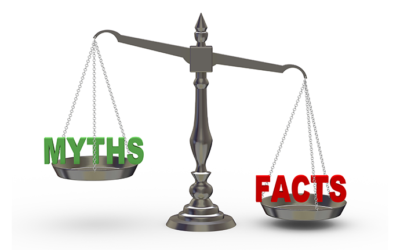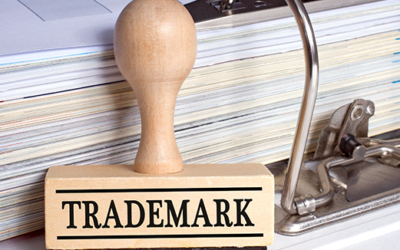Will vs. Trust Which One is For Me?
A common question in estate planning is do I need a Will or a Trust. The simple answer is, it depends on what you want to accomplish. Below we review the differences between a Will and a Trust and the benefits of each.
What Does a Will Do?
A will tells those you leave behind what you want to do with all of your property and assets. If you have minor children you can also list the guardians you elect in the will as well. Have a well written will can have many benefits, but it does not avoid probate.
What is Probate?
If you have assets valued at more than $100,000 that are not in trust or other instrument which avoids probate, then in Illinois then your estate will need to go through probate proceedings.
Probate is the process for your estate to pay all its final bills and debts and for the remaining assets to be distributed to your heirs, either according to your will or, if none, according to state law. This is done under the probate court’s supervision. This process takes a minimum of 6 months to complete. There are additional costs for attorneys fees and court costs.
Benefits of a Trust
1) Avoid Probate
2) Provide for Minors
3) Avoid a Lump Sum Inheritance
4) More Privacy
5) Easier to Manage after Death
Avoiding Probate
When you create a Living Revocable Trust you can retain control of your assets while you are alive with the added benefit that aAll assets funded to the trust do not need to go through the probate process. The trustee that you appoint can pay all funeral expenses, final bills, death taxes and file your final tax return without having to go through court, without having to pay a bond or fees and without delay. Then after final bills are settled your heirs (the people you are leaving your assets to) can get the assets much quicker than if you had to go through probate.
Provide for Minor Children
Furthermore, if you have minor children or are leaving property to minor children then you can provide for the delay in inheritance to these minors until they become adults. It is very flexible and you can create a good plan for providing for their education, living expenses and health until they reach an adult age. With a will the only option is lump sum inheritance with the beneficiaries. If a beneficiary is a minor a custodian will control the money until it must be turned over to the minor when they reach the age of 21.
Furthermore, if you have minor children or are leaving property to minor children then you can provide for the delay in inheritance to these minors until they become adults. It is very flexible and you can create a good plan for providing for their education, living expenses and health until they reach an adult age.
Avoid Lump Sum Inheritance
The same is true for adults who inherit via a will. They will inherit the assets in a lump sum. Some people planning their estate are okay with this, while others are not. This should be a consideration when deciding whether to do a will or a will with a trust.
Privacy
Once a person passes away, the will is then recorded with the county. This means that all gifts and bequests that you write in a will become public record. When you have a will and a trust, the will contains minimal information. The trust contains a majority of the estate planning information including who inherits and in what manner. The trust is a document that is created at your direction, signed and stored with all your estate planning documents. It does not need to be recorded publicly with any office, so it remains private.
Easier Management
With a trust, you not only appoint who you want to manage the estate, but you provide the trustee with powers to do so. The trustee can directly work with a cpa, your financial advisor and lawyer to make sure everything is taken care of properly. It makes for a much quicker and less costly process. This results in a less costly estate administration meaning more money left for your beneficiaries and a quicker payout of the assets.
Conclusion
Each individual will have different needs regarding their estate planning. In short, if your estate is over $100,000, if you have minor children, do not want your beneficiaries to inherit a lump sum payment or want to keep your distributions private, then you should give serious consideration to including a well drafted trust in your estate plan.
Need Help? Get In Touch.
Dr. Allison Cychosz
AMC Legal, P.C.
(630) 590-3640
info@amclegal.net
Please call for a free consultation
This is not legal advice and you should seek the counsel of an attorney.







0 Comments